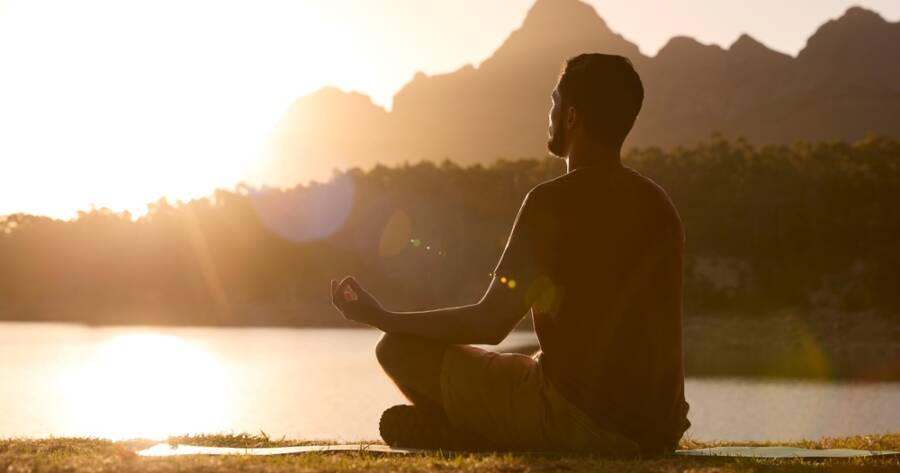For many, the idea of escaping the noise of daily life and disconnecting from the digital world is a dream. Off-grid travel offers an opportunity to step away from the hustle and bustle of modern society and experience the serenity of remote destinations. Whether you’re looking to explore rugged landscapes, experience different cultures, or simply find peace away from technology, venturing off the beaten path provides a unique and enriching experience.
Why Choose Off-Grid Travel?
Off-grid travel allows you to immerse yourself in the raw beauty of nature, without the distractions of constant notifications and Wi-Fi connections. Being away from urban centers not only gives you a chance to unwind but also offers the rare opportunity to reconnect with nature and yourself. The stress of modern life seems to fade away as you explore new terrains, meet locals who live off the land, and enjoy the tranquility of quiet surroundings.
Choosing remote destinations can lead to unique experiences, such as staying in eco-friendly lodges, camping under the stars, or hiking through pristine wilderness. These journeys often allow for a deeper connection with the environment, as you live in harmony with the land and experience a slower pace of life.
Top Off-Grid Destinations to Explore
Some of the best off-grid destinations are often the least accessible, but their rewards are well worth the effort. The wild landscapes of Patagonia, with its towering peaks and glaciers, offer a perfect example of remote beauty. The Faroe Islands, tucked between Iceland and Norway, boast stunning cliffs, remote villages, and rugged coastline, ideal for hiking and photography.
For those seeking warmth, the island of Socotra off the coast of Yemen is a stunning, otherworldly destination. With its unique flora and fauna, Socotra feels like another planet. Alternatively, the rainforests of Costa Rica or the remote beaches of the Philippines offer both adventure and relaxation, allowing travelers to truly disconnect and embrace the natural world.
Disconnecting from the Digital World
One of the core elements of off-grid travel is disconnecting from technology. Many remote locations don’t have reliable internet or phone service, which means you’ll have the opportunity to escape the constant pull of social media, emails, and notifications. This break from technology not only frees up time to focus on more meaningful experiences but also helps reduce stress, allowing you to fully absorb the beauty and serenity of your surroundings.
Before heading off-grid, make sure to inform friends and family of your plans. Consider carrying a satellite phone or emergency communication device if necessary, especially in more extreme or isolated areas. Once you disconnect, the world around you will open up in new and refreshing ways.
The Benefits of Living Off-Grid for a Few Days
Spending time off-grid provides several mental and physical benefits. It allows you to reset your mind and recharge your body by immersing yourself in nature. The absence of screens encourages you to live in the present moment, fostering mindfulness and reducing anxiety. Whether you’re hiking in the mountains, fishing in a remote lake, or simply enjoying the silence, these experiences often lead to deep personal growth and greater appreciation for the world around you.
In addition, off-grid travel helps you appreciate the simple pleasures of life, such as fresh air, beautiful landscapes, and clear skies. By disconnecting from modern distractions, you’ll rediscover the joy of being fully engaged in the environment, leading to a sense of calm and contentment.
How to Prepare for an Off-Grid Adventure
Preparation is key to making the most of an off-grid experience. First, research your destination to ensure you’re physically and mentally ready for the isolation and adventure that await. Pack essential gear such as a reliable backpack, water filter, lightweight cooking supplies, and warm clothing, especially if you’re heading into remote mountain or desert areas.
Additionally, ensure that you have the appropriate permits or permissions, especially if you’re heading into national parks or protected areas. Knowing the local customs and respecting the environment are crucial to having a respectful and sustainable off-grid experience.
Safety Considerations for Remote Travel
While off-grid adventures can be incredibly rewarding, safety should always be a priority. Always travel with a companion when possible, especially in areas with difficult terrain or minimal access to help. Familiarize yourself with emergency procedures for the area, and keep a detailed plan of your route.
Also, carry enough food, water, and other supplies for your trip, as stores and other amenities may be scarce or non-existent in remote areas. Understanding the environment, its potential hazards, and how to stay safe in nature is essential for making your off-grid experience both enjoyable and safe.
The Reward of Disconnecting and Reconnecting
Traveling off-grid isn’t just about leaving behind technology–it’s about reconnecting with yourself and the world around you. The experience of navigating remote landscapes, encountering different cultures, and living in harmony with nature offers a perspective on life that can’t be found in the digital world.
By choosing an off-grid adventure, you not only find adventure in its purest form but also gain the opportunity to step back from the noise of daily life and rediscover the beauty of simplicity. Whether you’re seeking solitude, exploration, or self-discovery, an off-grid trip promises memories and insights that last a lifetime.

